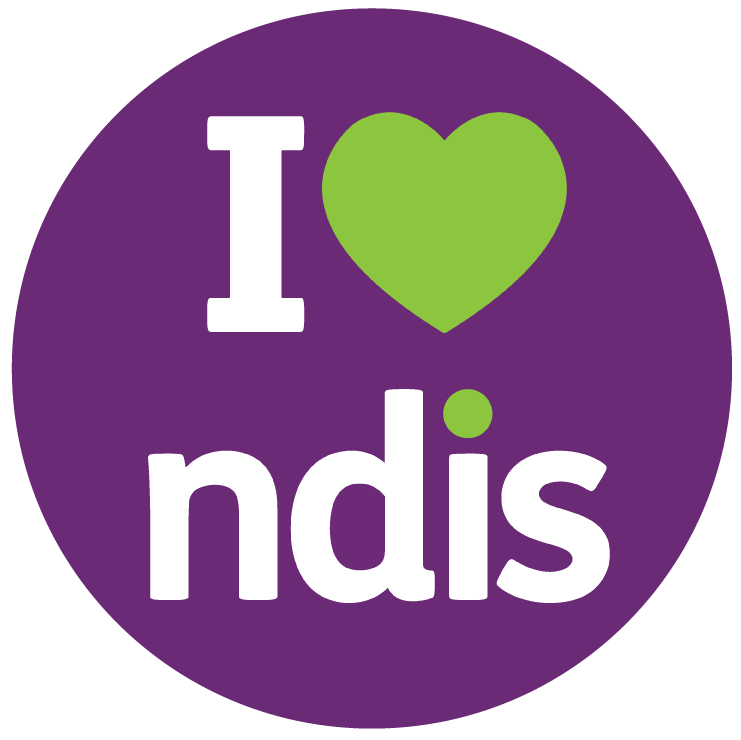Have you ever wondered how an NDIS support coordinator can make a real difference in your NDIS journey?
Choosing the right person to help you navigate the National Disability Insurance Scheme (NDIS) is crucial. Support coordinators play a key role in making sure you get the right services, supports, and outcomes from your NDIS plan.
In this blog, we’ll break down who a support coordinator is, what they do, and how you can choose the right one for your needs.
What Is an NDIS Support Coordinator?
A support coordinator NDIS is someone who helps you make the most of your NDIS plan.
They don’t provide therapy or direct services — instead, they focus on connecting you to the best services and supports based on your goals.
Support coordinators work alongside you to help you:
- Understand your NDIS plan
- Find and connect with service providers
- Build your confidence and skills
- Manage any issues or changes that arise
Their main goal is to empower you to take control of your supports and live the life you choose.
Key Responsibilities of an NDIS Support Coordinator
Support coordinators have a wide range of duties. Here’s what they typically do:
1. Understanding Your Plan
Your NDIS plan can sometimes feel overwhelming.
A support coordinator helps you unpack your plan, explaining what each part means and how you can use your funding effectively.
2. Finding the Right Service Providers
Choosing the right NDIS provider is essential for getting quality services.
A support coordinator will help you find providers who match your goals and needs — whether that’s a therapist, a community group, or a support worker.
3. Linking You to the Right Supports
Beyond NDIS services, support coordinators also link you to community, government, or mainstream services.
They make sure you are not missing out on any local opportunities that can help you build skills or connect socially.
4. Building Your Independence
The role of a support coordinator is not just about doing everything for you.
They encourage you to make your own decisions and build your confidence to manage your plan in the future.
5. Managing Service Agreements
Support coordinators help you negotiate service agreements with providers.
They ensure you understand what you’re signing and help you get the best value out of your NDIS funding.
6. Handling Crisis Situations
Sometimes, unexpected things happen.
Whether it’s a service provider letting you down or a change in your personal circumstances, your support coordinator will help you manage the situation and adjust your support.
How NDIS Support Coordinators Work with Other NDIS Professionals
An NDIS support worker is different from a support coordinator.
Support workers deliver hands-on support like helping you with daily activities, transport, or social outings.
On the other hand, a support coordinator focuses on planning, linking, and problem-solving.
Both roles are important, and they often work together to ensure you are fully supported.
Support coordinators also work closely with your plan manager NDIS, if you have one.
While the plan manager handles the financial side of your plan (paying invoices, tracking budgets), the support coordinator ensures your support aligns with your goals and funding.
Lastly, support coordinators collaborate with your NDIS service provider or NDIS disability service provider to coordinate care, track progress, and keep everything on course.
Choosing the Right NDIS Support Coordinator
Finding the right support coordinator is one of the most important steps in your NDIS journey.
Here are a few tips to help you choose the best fit:
1. Look for Experience and Qualifications
Make sure your coordinator is knowledgeable about the NDIS and has experience working with people with similar needs.
2. Check for Good Communication Skills
You want someone who listens to you, explains things clearly, and respects your choices.
3. Find Someone Independent
Your coordinator should act in your best interests, not push you toward particular providers unless they truly match your needs.
4. Make Sure They Understand Your Goals
Everyone’s goals are different.
Whether you want to build life skills, find a job, or become more involved in your community, your coordinator should be genuinely committed to helping you achieve what matters most to you.
5. Ask About Flexibility
Life can change quickly.
A good support coordinator will be flexible and responsive when your circumstances or needs change.
The Difference Between Support Coordination Levels
There are three types of support coordination under the NDIS:
- Support Connection: Helps you build the skills you need to use your NDIS plan yourself.
- Support Coordination: A more hands-on service to help you manage complex supports.
- Specialist Support Coordination: For people with very complex needs who require specialist intervention.
Knowing what level of support coordination you are funded for will help you understand what to expect from your coordinator.
Why the Role of a Support Coordinator Is So Important
Without the right guidance, navigating the NDIS can feel confusing and stressful.
An NDIS coordinator provides clarity, confidence, and connections, making your experience smoother and more empowering.
They help you move from feeling overwhelmed to feeling in control, ensuring that your funding translates into real outcomes in your life — not just paperwork and meetings.
Support coordinators act like a bridge between your goals and the many services available to you.
Without their help, you might miss out on valuable support or spend more time than necessary trying to figure things out on your own.
Ready to make the most out of your NDIS plan? Contact us and get expert support today!
Final Thoughts
Choosing the right NDIS support coordinator can make all the difference in your NDIS journey.
From understanding your plan to connecting you with the right services, a good coordinator is your partner in achieving your goals and living your best life.
At Axial Plan Management, we work closely with experienced support coordinators to ensure you get the right support at the right time.
If you’re ready to take the next step toward a more empowered NDIS experience, we’re here to help!
Take charge of your NDIS journey today — reach out to us and discover how we can support your goals.


